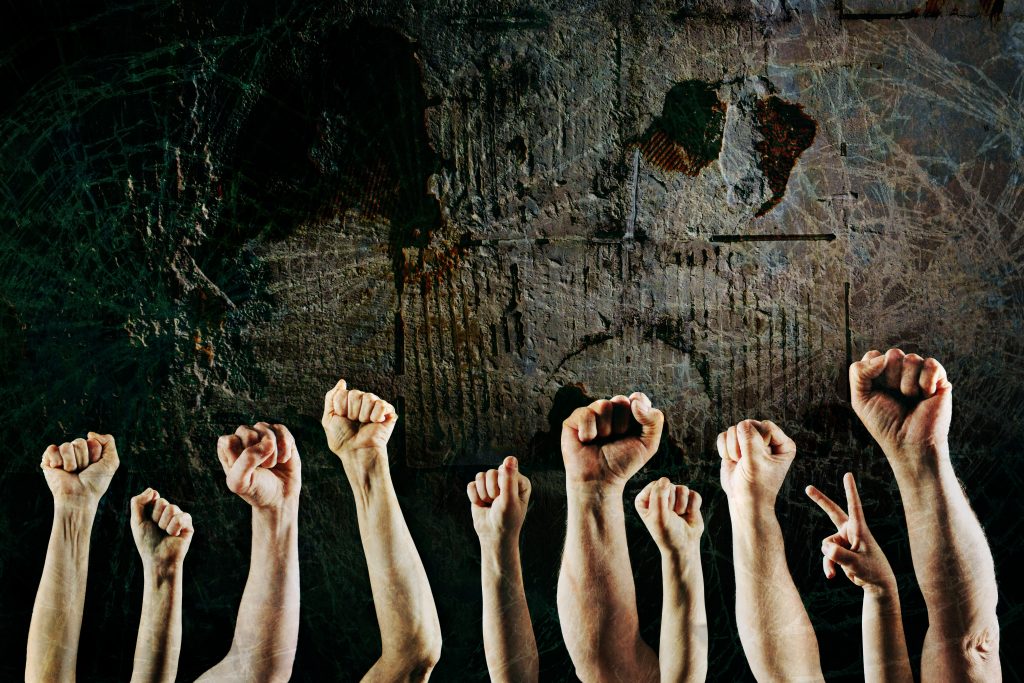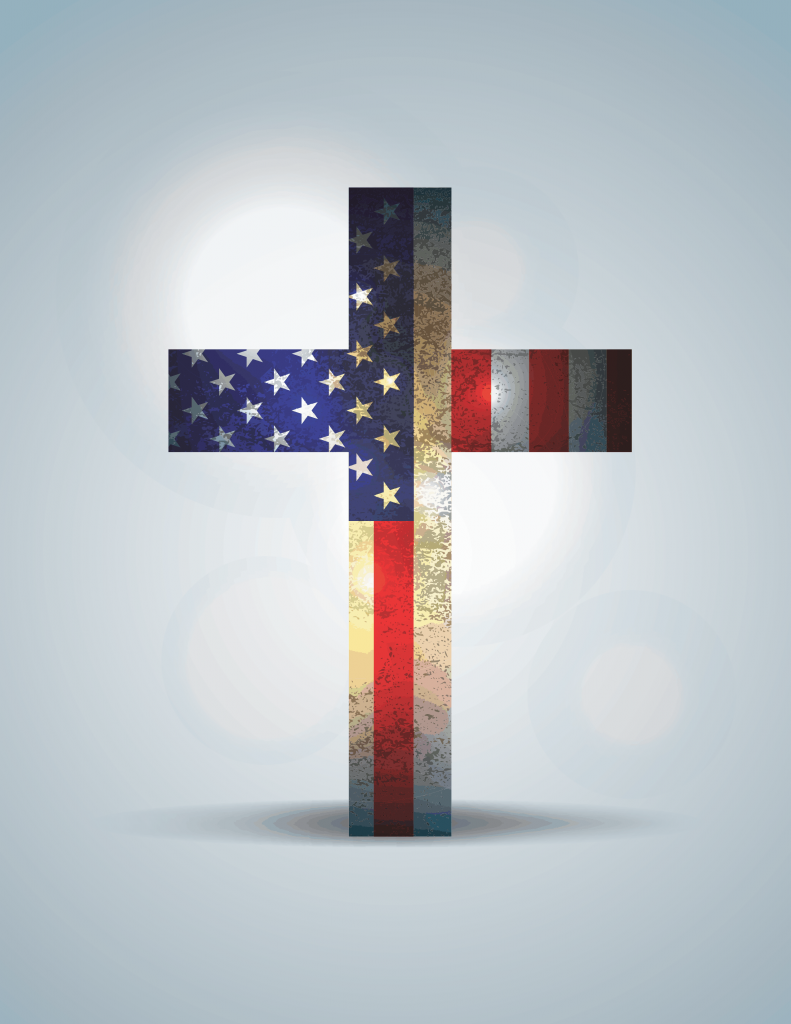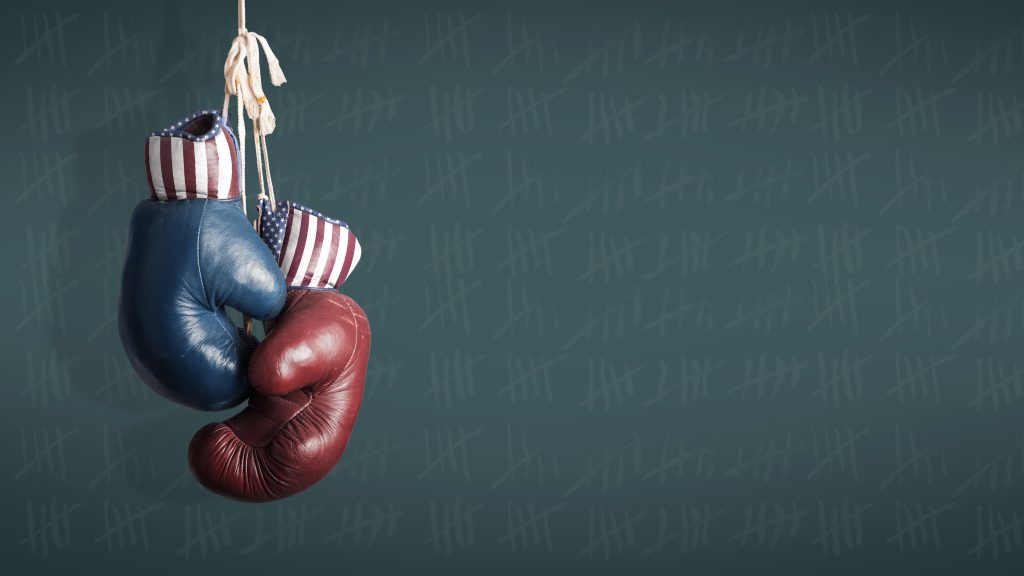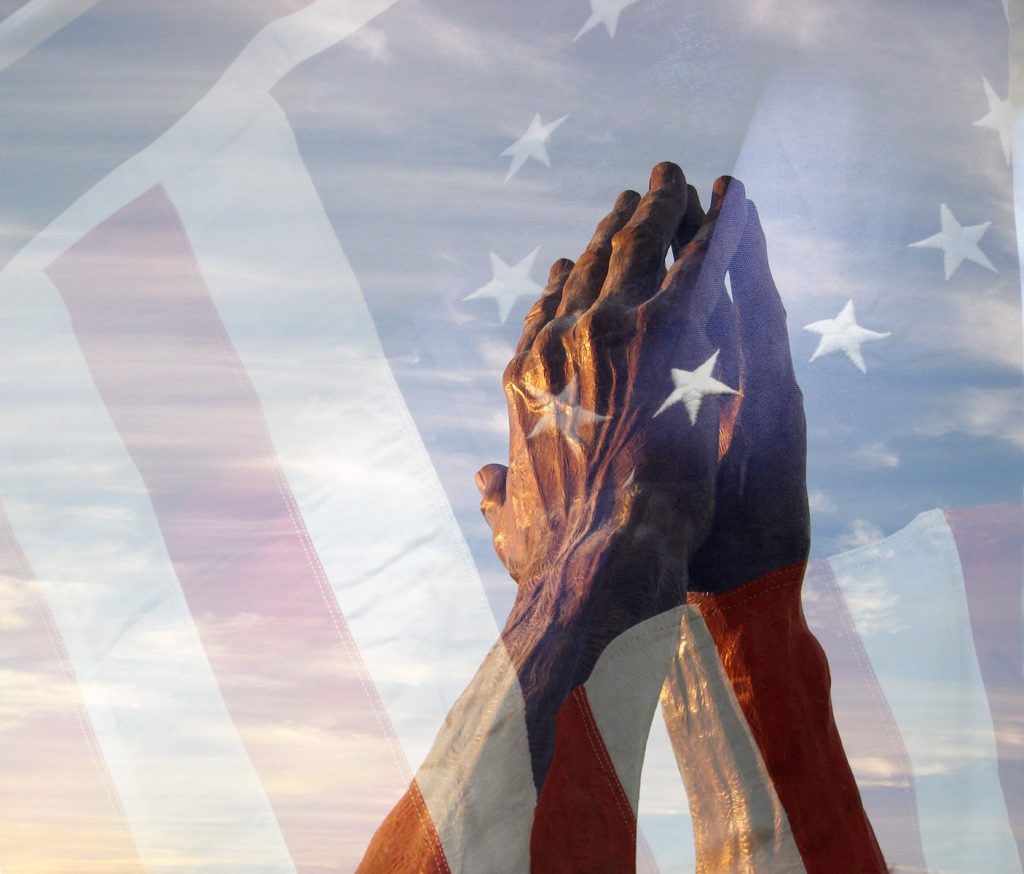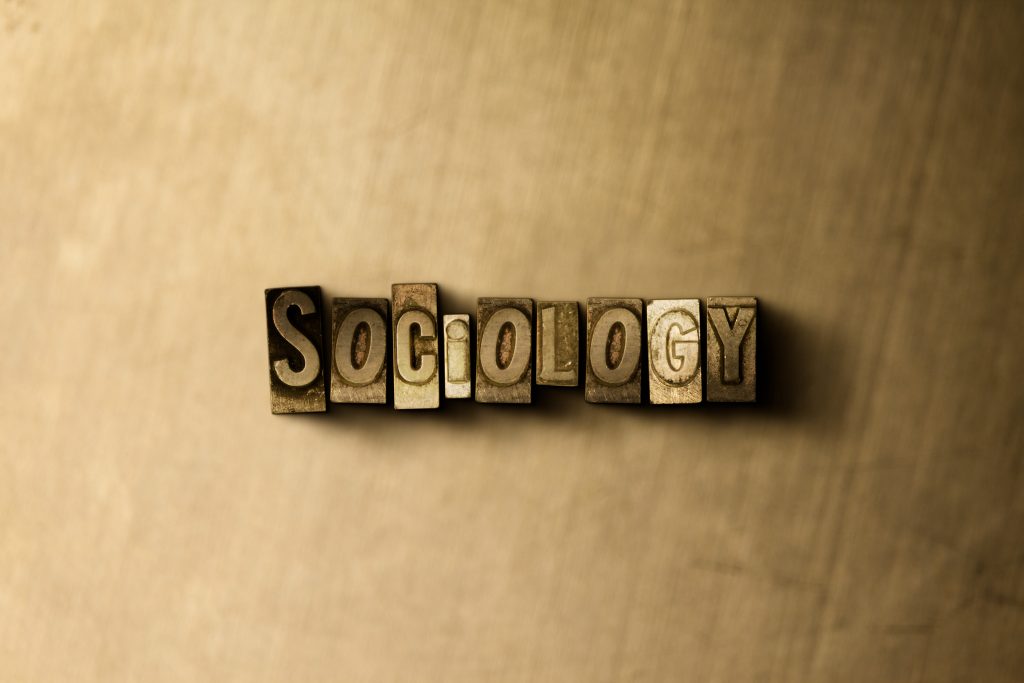Keep the Change: Social Movements in Society
SOC313/SOC461/AAS313: Interested in how social change works? Or how to stop it? This seminar provides an introduction to the origins, dynamics, and consequences of historical and contemporary social movements. All of us are enmeshed in powerful political, social and economic systems that are resistant to change. Occasionally, however, people do band together and challenge these systems: they picket, they march, they strike, they sit-in, they mobilize social media, they form protest organizations and demand change. Such occasions are important moments because they represent the rare opportunity for the normally powerless to challenge the normally powerful. From BlackLiveMatter to the Tea Party, from the women’s movement to the Arab Spring, this course offers an exploration of such moments. Click here for more information on the course, the course syllabus, etc.
Lasers, Aliens, & Black Holes: Studying Society Through Science Fiction
SOC090: Science fiction can offer exciting, fascinating stories. But science fiction– by imagining worlds so different from our own– also offers a kind of mirror that can help us both understand and evaluate the real world. The overall goal of this course is to give students the opportunity to think widely, deeply, and collaboratively about the society in which we all live through science fiction novels, films, and stories, as well as classic writings in social theory. Click here for more information on the course, the course syllabus, etc.
The Social Origins of Terrorism
SOC105: What is terrorism and its causes? This course explores the roots of terrorism sociologically. It offers critiques of common theories of terrorism and presents several analytic tools for better understanding the phenomenon. In doing so, students are able to explore the social, historical, political, and religious roots of terrorism. Click here for more information on the course, the course syllabus, etc.
The Christian Right in America
SOC375/SOC461/REL375: Nothing has fascinated scholars, journalists, and politicians alike more than the amorphous, ill-defined, and changing movement of Christian conservatives known as the Christian Right in America. Countless books, articles, television talk shows, special news reports, and even political campaigns and angry protests have focused on the subject. What do we know about the Christian Right? Who are they? What do they believe? What accounts for their rise over the last thirty years? This course explores answers to such questions through a study and discussion of recent scholarship in the field. We will carefully examine the history of the Christian Right as well as the ideologies and beliefs, the people, and the organizations from which it is constituted. In doing so we will have the opportunity to discuss some of the most divisive social issues of our time, including abortion, homosexuality, education, taxes, government power, and the relationship between religious and political institutions. Click here for the full syllabus.
Political Sociology
SOC104/POLS104: Everything seems to be dominated by politics in recent years. This class introduces the sociological study of politics. It addresses things like Donald Trump’s election to the presidency, the #MeToo movement, and the Tea Party. But it also covers many other things as well, that students seldom understand as ‘political’ until taking the course. In fact, one of the themes of the course is the ways in which power operates in all aspects of our everyday lives. Click here for more information on the course, the course syllabus, etc.
Advanced Qualitative Methods
SOC412: This course provides a survey of four qualitative methods commonly used in empirical sociological research – ethnography, interviewing, comparative-historical research, and content analysis. Instead of using “how to” textbooks on each of these methods, the class focuses instead on reading and discussing recent sociological work in each tradition published in sociology’s top academic journals. Students then learn by doing—trying out each of these methods for themselves over the course of the semester and reflecting on the results. Click here for the full syllabus.
Religion and Society
SOC171/REL171: This course offers an introduction to the tools and concepts of the sociology of religion. We examine religious beliefs and behaviors, religious change, the effects of religion on both individuals and society, and the different ways religion has been defined and understood. Over the course of the semester, these inquiries will lead us to consider issues such as religion and teenage sexuality, the religiosity of college students, religiously-based weight loss programs, secularization and atheism, and the political role of religion. Click here for the full syllabus.
Introduction to Sociology
SOC001: What is a “sociological imagination”? How are our everyday decisions, beliefs, and experiences both made possible and constrained by broader social forces? To answer these questions, this course introduces the basic concepts in the field of sociology, the variety of topics sociologists study, the research methods they use, and the kind of knowledge they produce. Click here for more information on the course, the course syllabus, etc. I also offer a summer version of the course entirely online; learn more here.
Though it has now been several years since I’ve offered them, I also teach The Politics of Morality in America (SOC090), Development of Social Theory (SOAN112), and Classical Social Theory (SOC401).
